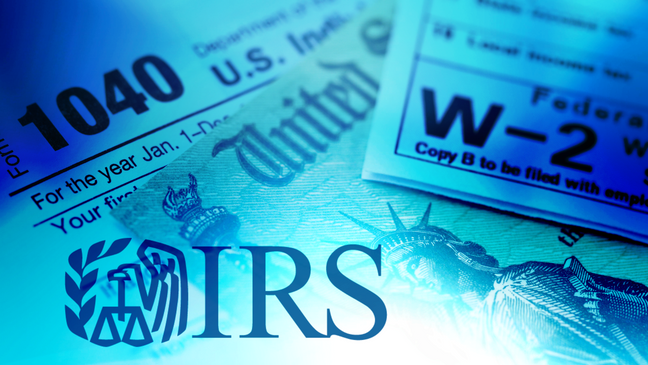
Every tax season, you take great care to file everything you need to file and report everything you need to report. After you are satisfied you have completed everything truthfully, you finally send your return to the IRS and the task is off your plate – or so you thought. Months later, you get a letter in the mail informing you that your tax burden is several times what you thought you owed. Or, that refund you thought would go to your rainy-day fund never appears in your bank account.
Yes, even with its army of workers, the IRS occasionally makes mistakes. Fortunately, you do have ways to attempt to rectify the situation.
What are some common errors made by the IRS? Here are four:
1. Simple clerical or filing errors. When so much information is being manually entered, a typo or processing error is bound to happen at least a few times. An example of a seemingly minor mistake could be a clerk accidentally mistyping your Social Security number.
2. Not applying an extension to your taxes. If you request to receive an extension on your taxes, the representative at the IRS may not properly document this extension. A result of this may be your receiving penalties when, in fact, you are not truly liable for the penalty.
3. Confusing you with a relative. The IRS is known to sometimes confuse sons with their fathers if they both have the same first, middle, and last names (as is in the case of seniors and juniors). Other times, the incorrect SSN may be entered when processing a tax return that you are filing jointly with your spouse.
4. Losing your physical return or refund. While the IRS is capable of losing a piece of mail, the Postal Service could also be responsible for losing track of precious cargo. If this happens to you, be sure to inform both federal entities as soon as possible.
What Can You Do?
The most important thing you can do to put yourself in the best position possible when dealing with the IRS is to hold on to all relevant financial documents, including physical copies of your tax returns. While phone calls may suffice, it is advisable to inform the IRS, in writing, of the error you believe it made and attach the relevant documentation. Based on the response, you might choose to appeal or retain the services of a tax professional.
A mistake by the IRS can end up with you being billed thousands of dollars that you do not truly owe.

